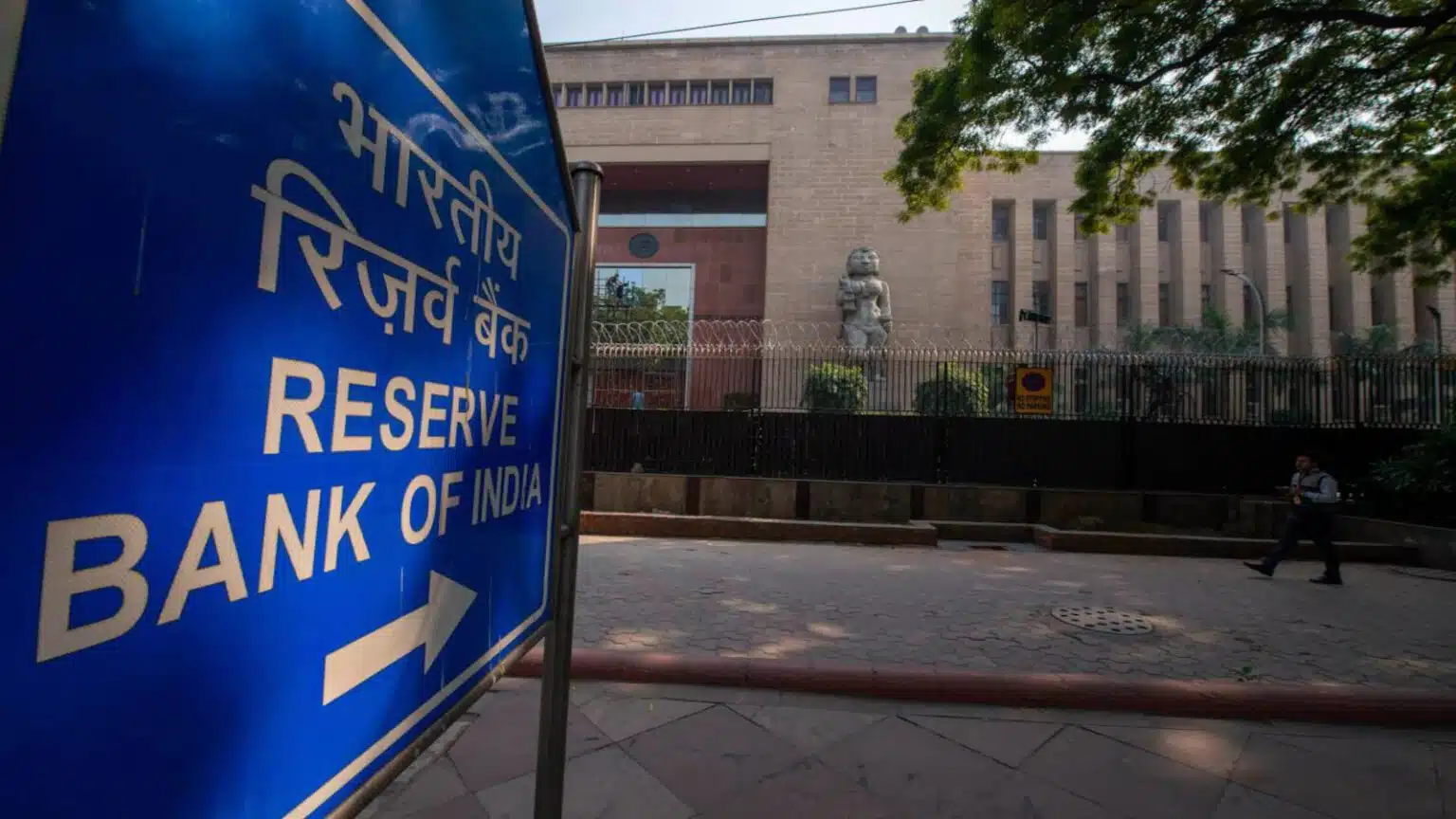According to data gathered by the Reserve Bank of India, home prices have increased in the nation, albeit more slowly than in the past, suggesting that higher interest rates have not yet had a significant effect on the market.

Table of Contents
Recent updates on House Price Index
The All India House Price Index (HPI) published by the Reserve Bank of India (RBI) increased by 2.79 percent (year over year) to 302 in the third quarter (ended in December) of 2022–23 as opposed to 293.8, where it increased by 3.1% despite the increase in interest rates a year earlier.
According to the most recent RBI statistics, the index increased from 298 on a quarter-over-quarter (Q-o-Q) sequential basis from September 2022, a growth of 1.34 percent. According to the RBI, the Y-o-Y changes in the HPI differed greatly among the cities, from a growth of 7.1% in Kochi to a contraction of 9.0% in Jaipur. The indicator decreased sequentially Q-o-Q in Lucknow, Kolkata, and Jaipur, but increased in the other cities. The HPI increased in Bombay from 286 to 292.9 over a year, in Delhi from 327.7 to 336.8, and in Bengaluru from 315.9 to 331.1. From 310.1 to 332.3, the Kochi index skyrocketed.
The transaction-level data used to generate the RBI data was obtained from the registration authorities in ten main cities: Ahmedabad, Bengaluru, Chennai, Delhi, Jaipur, Kanpur, Kochi, Kolkata, Lucknow, and Mumbai.
“Although at first, it appeared to be a problem when the banks began raising the interest rates on home loans, the surge in demand seen over the last 2-3 quarters has created a totally new perspective.
“Sales across categories like premium, mid-segment, and affordable, picked up almost everywhere major cities and their respective micro markets,” said Sankey Prasad, Chairman & Managing Director, Colliers India.
RBI increased the Repo rate
In order to control inflation, the RBI increased the Repo rate by 250 basis points (bps), to 6.50 percent, since May 2022. Since the majority of loans are now tied to an external benchmark rate like the repo rate, home loan rates from banks and finance firms have increased.

Residential units sold nationwide
With 215,000 residential units sold nationwide, a decadal high closing, the sentiment stayed upbeat and buoyant. Due to relatively lower levels of inventory overhang, a flurry of new launches catering to the needs of the urban populace, and a positive customer sentiment towards residential real estate as an asset class, the same trend is largely anticipated to continue in 2024, according to Darshan Govindaraju, Director, Vaishnavi Group.
However, according to industry analysts, rates will start to decline once retail inflation in the upcoming quarters goes below the 5 percent mark.
“We believe that the interest rate graph has reached its apex and that it will begin to decline over the next few months, falling by at least 2%. According to Bhavesh Kothari, the founder, and CEO of Property First, both the affordable and luxury segments will continue to grow over the next few years. Other emerging segments, like senior living and student housing, are also expected to do well.
According to Prasad, some of the factors influencing house purchases include our economy’s resilience in the face of a global recession, a largely stable job market, and rising purchase power parity.
According to Govindaraju, the upward trend in real estate prices over the last few years has strengthened the notion that residential real estate is a secure and wise business choice.
Also Read: Hike in Interest Rates by RBI- A measure to tackle Inflation since 2022













